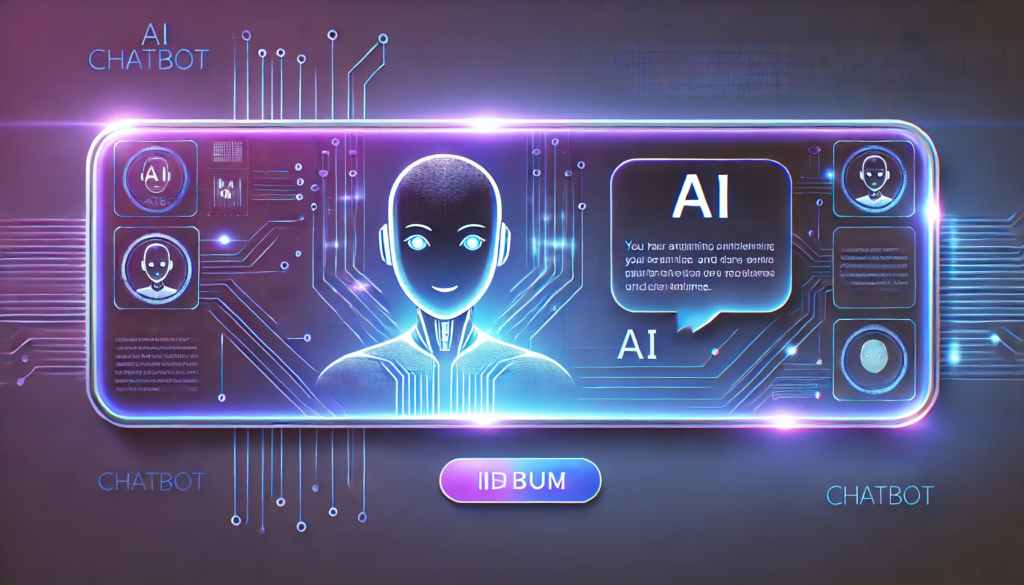In recent years, AI-generated content has gained significant traction across industries. Businesses, marketers, writers, and even educators are incorporating artificial intelligence into their workflows. This shift is not just about automating tasks but also about creating content that resonates with audiences. As we witness this transformation, it becomes evident that AI-generated content presents both opportunities and challenges.
The Growing Popularity of AI-Generated Content
AI-generated content is becoming more common because it saves time and increases efficiency. Companies can produce articles, social media posts, and even complex reports faster than ever. This rapid content generation is possible due to advanced algorithms that process data, analyze trends, and generate human-like text.
Similarly, AI tools have made it easier for individuals to manage content creation without needing extensive technical skills. Writers can focus on strategic planning while AI handles repetitive tasks. This collaboration between humans and machines has redefined content production.
Opportunities Presented by AI-Generated Content
1. Improved Efficiency and Productivity
One of the most significant advantages of AI-generated content is its ability to streamline workflows. Content that used to take days to produce can now be created within hours. This efficiency is particularly beneficial for industries that require large volumes of content regularly.
2. Cost-Effective Solutions
Businesses are always looking for ways to reduce costs without compromising quality. AI-generated content helps achieve this goal. Companies no longer need to hire large teams of writers for basic content tasks. Instead, they can rely on AI to handle routine work, allowing human writers to focus on more creative and strategic projects.
3. Personalization at Scale
AI can analyze user data to create personalized content tailored to specific audiences. This capability is especially valuable in marketing, where personalized messages can significantly impact customer engagement. In comparison to traditional methods, AI offers faster and more accurate personalization.
4. Language Translation and Accessibility
AI-generated content breaks language barriers by providing quick and accurate translations. This feature is beneficial for global businesses aiming to reach diverse audiences. Additionally, AI can create content that is accessible to people with disabilities, ensuring inclusivity.
5. Continuous Improvement
AI systems learn and improve over time. As they process more data, their content generation capabilities become more refined. This continuous improvement ensures that the quality of AI-generated content keeps getting better, meeting the evolving needs of businesses and audiences.
Challenges Associated with AI-Generated Content
1. Quality and Authenticity Concerns
While AI can produce content quickly, maintaining quality and authenticity remains a challenge. AI-generated text may lack the nuance and depth that human writers bring. Admittedly, AI struggles with creative storytelling, emotional resonance, and cultural context.
2. Risk of Misinformation
AI relies on existing data to generate content. If the source data is inaccurate, the AI may produce misleading information. This issue is particularly concerning in areas like news reporting and academic writing, where accuracy is critical.
3. Ethical and Legal Issues
The rise of AI-generated content raises ethical questions. Who owns the content created by AI? How can we ensure that AI-generated content is not used for malicious purposes? These questions highlight the need for clear guidelines and regulations to govern AI content creation.
4. Impact on Employment
Some people worry that AI will replace human jobs, especially in content-related fields. While AI can automate repetitive tasks, it cannot replace the creativity, critical thinking, and emotional intelligence of human writers. Still, the fear of job displacement is a valid concern that needs to be addressed.
5. Dependency on Technology
Relying heavily on AI for content creation can lead to over-dependence on technology. This dependency might stifle creativity and reduce opportunities for human writers to develop their skills. Despite the convenience, it’s essential to maintain a balance between AI-generated and human-created content.
The Role of AI Tools in Content Creation
AI tools are now integral to content creation strategies. They assist in generating ideas, drafting content, optimizing for SEO, and even analyzing performance metrics. For instance, businesses often use All AI Tools to manage multiple content-related tasks efficiently. These tools provide comprehensive solutions that streamline content workflows and improve productivity.
Case Studies: Industries Benefiting from AI-Generated Content
1. E-commerce
E-commerce companies use AI to create product descriptions, customer reviews, and marketing content. This approach saves time and ensures consistency across product listings.
2. Healthcare
In the healthcare industry, AI generates patient reports, research summaries, and educational materials. This capability allows medical professionals to focus on patient care while AI handles documentation.
3. Education
AI-generated content supports personalized learning experiences. Educational platforms use AI to create custom lesson plans, quizzes, and study materials tailored to individual students’ needs.
4. Entertainment
The entertainment industry benefits from AI-generated scripts, storylines, and even music compositions. Although human creativity remains at the core, AI provides valuable support in the content creation process.
5. Adult Content Industry
Interestingly, the adult content industry has also adopted AI-generated content. Platforms utilize AI for content moderation, personalized recommendations, and even interactive features like chatbots. For example, Milf AI Chat represents how AI can create engaging user experiences in niche markets, catering to specific audience preferences.
Balancing AI and Human Creativity
While AI offers numerous benefits, it’s crucial to strike a balance between technology and human creativity. AI should complement human efforts, not replace them. Writers can use AI to handle repetitive tasks, freeing up time to focus on creative storytelling and strategic planning.
In the same way, businesses should view AI as a tool that supports their content goals rather than a solution that replaces human input. This balanced approach ensures that content remains authentic, engaging, and meaningful.
The Future of AI-Generated Content
The future of AI-generated content looks promising. As AI technology advances, we can expect improvements in content quality, personalization, and efficiency. However, it’s essential to address the challenges associated with AI to maximize its potential.
Eventually, we might see AI and human collaboration reaching new heights, where content creation is faster, more personalized, and highly engaging. This future requires continuous learning, ethical considerations, and a commitment to maintaining the human touch in content.
Conclusion
AI-generated content is transforming the way we create and consume information. It offers numerous opportunities, from increased efficiency to personalized content. However, it also presents challenges, such as quality concerns, ethical issues, and the risk of over-dependence on technology.
By recognizing both the opportunities and challenges, we can harness the power of AI while maintaining the authenticity and creativity that make content truly impactful. As AI continues to evolve, the key lies in finding the right balance between technology and human ingenuity.






